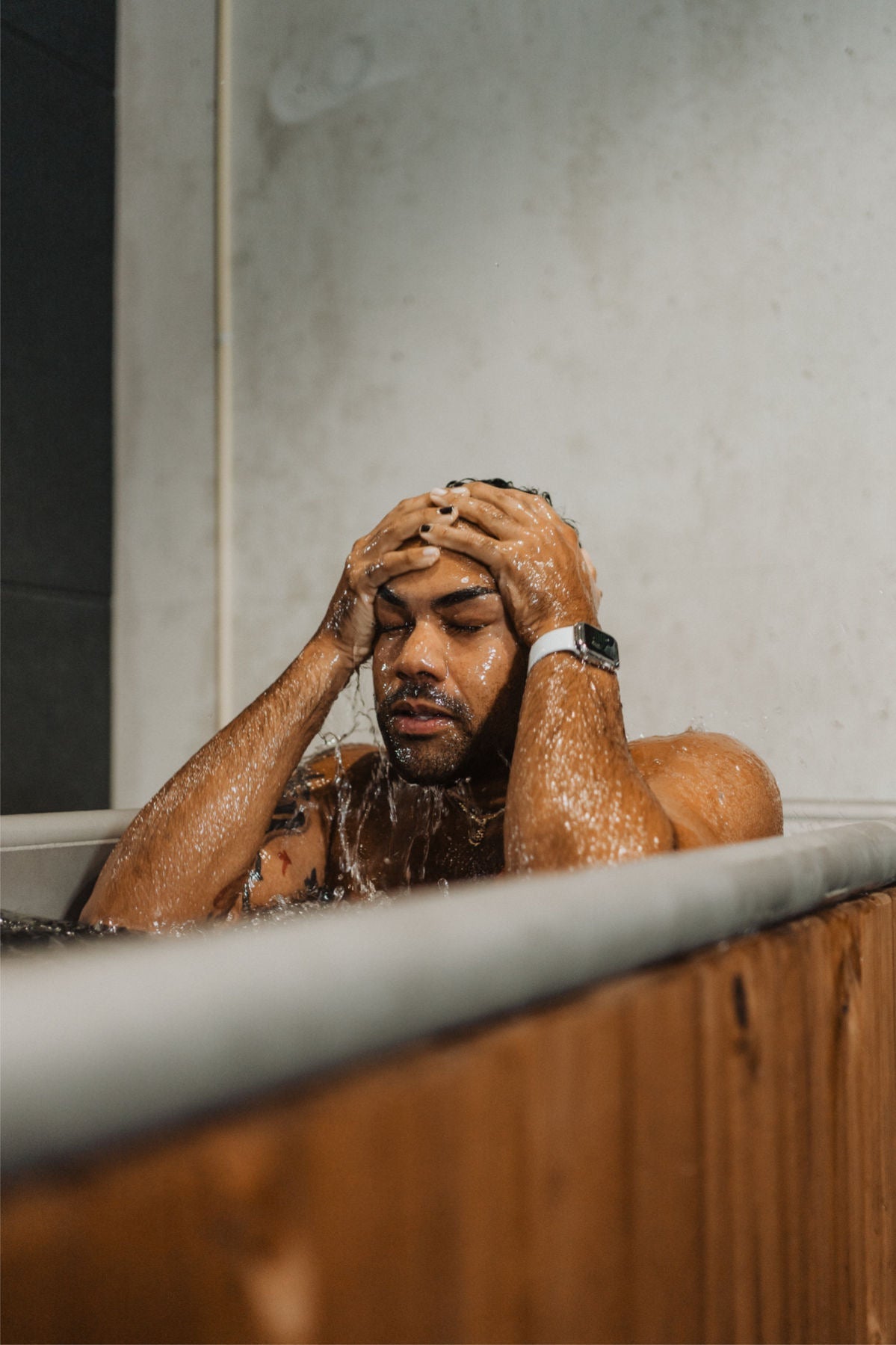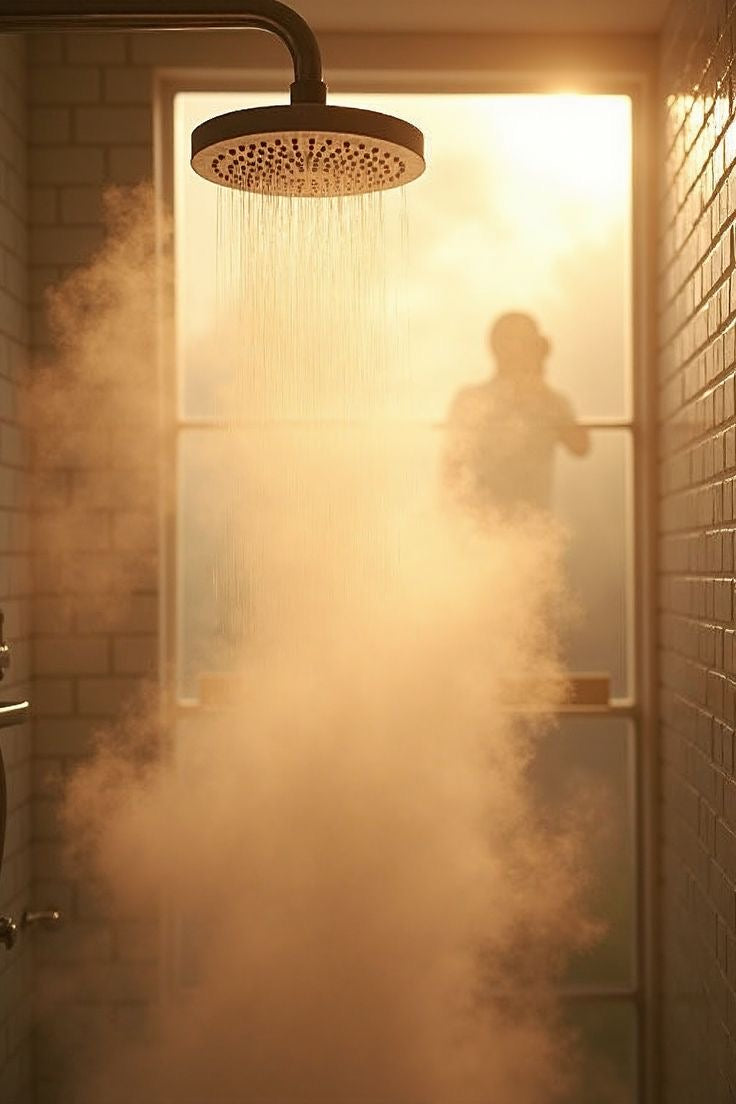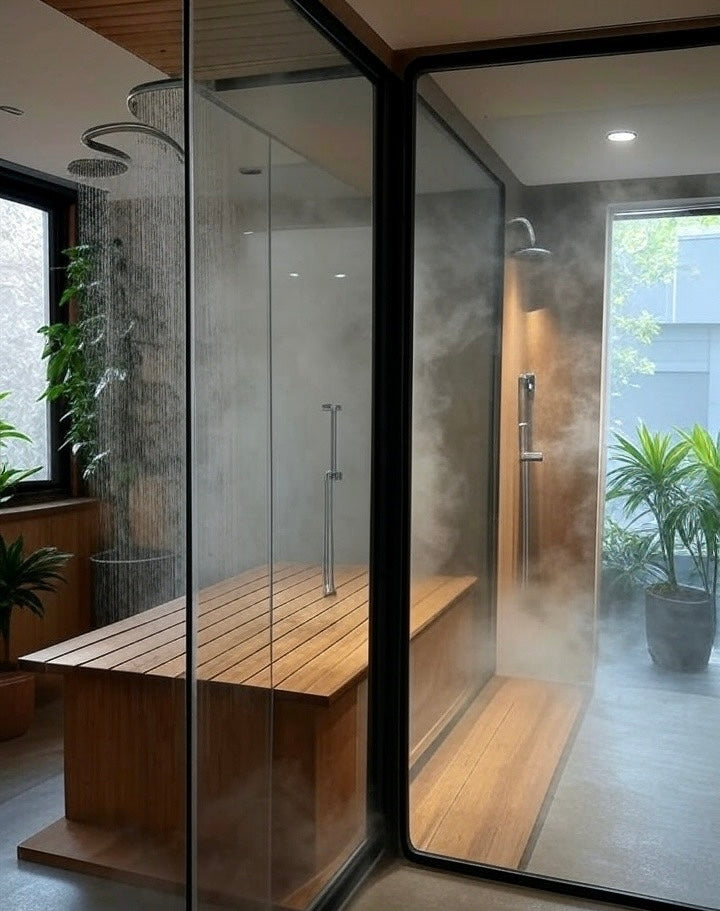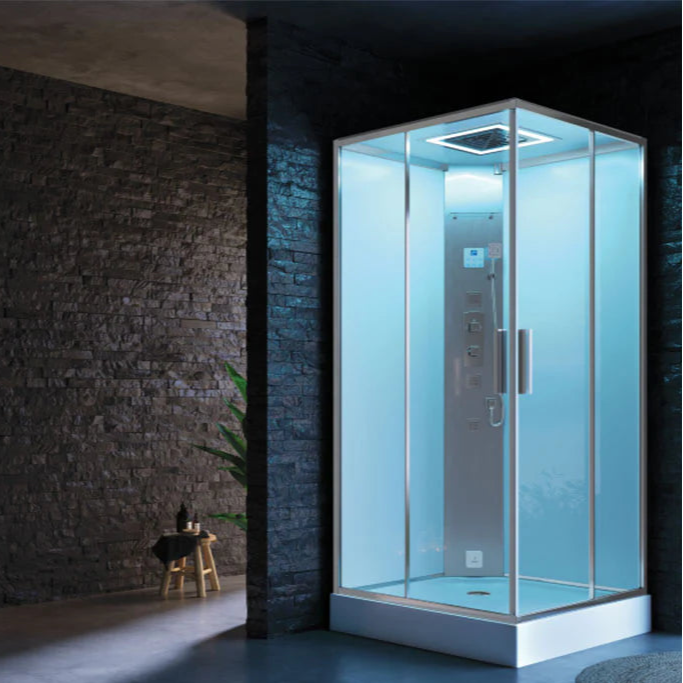Hungover and regretting every sip? An Ice Bath Tub or Cold Plunge Tub might sound like the ultimate cure. Short answer: it won’t cure a hangover, but it can help you feel better—briefly. Stick around to learn how Cold Plunge therapy can provide temporary relief and how to combine it with better recovery tactics.

Can a Cold Plunge Really Cure a Hangover? (Addressing the Core Question)
Understanding Hangovers: What's Happening in Your Body?
Dehydration and Electrolyte Imbalance
Alcohol causes your body to lose fluids rapidly, mainly through increased urination.
This results in dehydration, which leads to a dry mouth, fatigue, and pounding headache.
The lack of electrolytes also disrupts normal body functions.
It's one of the main reasons you feel so rough the next day.
Rehydration becomes essential for any form of recovery.
Inflammation and Oxidative Stress
Your liver breaks down alcohol into acetaldehyde—a highly toxic substance.
This by-product increases inflammation and oxidative stress throughout your system.
These effects can worsen symptoms like nausea, irritability, and aches.
It also makes your body work harder to feel balanced again.
Cold exposure might reduce inflammation, but not the underlying toxicity.
Sleep Disruption and Fatigue
Even if you sleep eight hours, alcohol disrupts your REM cycles.
You wake up feeling groggy, unrefreshed, and mentally drained.
Poor sleep is often what magnifies hangover symptoms.
Cold plunging might perk you up temporarily, but it can’t replace proper rest.
Restorative sleep is key to real recovery.
Acetaldehyde and Toxin Buildup
Your liver converts alcohol into acetaldehyde before neutralising it.
This toxic build-up is responsible for most of the “poisoned” feeling.
It affects your organs, brain function, and even your mood.
Cold plunges do not flush out toxins, despite popular belief.
Hydration and time are the only true detox tools.
The Promise of Cold Plunge Therapy for Hangovers
Temporary Relief vs. a "Cure-All"
Cold Plunge therapy isn’t a miracle hangover cure.
However, the shock of cold water may provide brief alertness and relief.
It stimulates your system, gives you a mental jolt, and can help you feel “reset.”
But it won’t repair dehydration, poor sleep, or nutrient loss.
So, it's more of a short-term aid than a solution.
Anecdotal Evidence and Popularity
Many rave about Cold Plunges as a hangover hack.
They claim it helps them feel alive again after a wild night.
This is largely anecdotal, but clearly shows the appeal of quick fixes.
Still, individual responses vary greatly.
What works for one person may leave another feeling worse.
The Science Behind Cold Plunges and Hangover Relief
How Cold Water Impacts Your Body
Vasoconstriction and Improved Circulation
Cold water triggers vasoconstriction—tightening of blood vessels.
Once you warm up, blood vessels dilate again, improving circulation.
This can reduce puffiness and speed up nutrient delivery.
It helps your body “wake up” but won’t address core hangover causes.
Short exposure is key for safety and effectiveness.
Anti-Inflammatory Effects
Cold exposure may reduce inflammation across the body.
This could lessen joint stiffness, headaches, and general aches.
It doesn’t remove toxins, but can ease the way they feel.
It’s a handy benefit—but again, not a cure.
Think of it as short-term relief rather than treatment.
Stimulation of the Nervous System
The Cold Plunge triggers your sympathetic nervous system.
This is the “fight or flight” response—giving you energy and alertness.
It’s followed by a parasympathetic rebound, promoting calm.
These changes help boost mental clarity and motivation.
It’s like hitting your system’s reboot button.
Endorphin and Adrenaline Release
Cold plunges release endorphins—your body’s natural mood lifters.
Adrenaline kicks in too, which increases focus and alertness.
Together, they offer a “natural high” that can mask hangover symptoms.
But this buzz is temporary.
You’ll still need rest and hydration to fully recover.
Vagus Nerve Activation
Cold exposure stimulates the vagus nerve.
This slows your heart rate and promotes a calm, focused state.
It may help reduce hangover-induced anxiety or jitteriness.
This subtle effect is a bonus—not a main remedy.
Use it to complement other recovery methods.
Specific Hangover Symptoms Cold Plunges May Alleviate
Headache and Muscle Aches
The cold constricts blood vessels, which may ease tension headaches.
It also reduces inflammation in sore or tired muscles.
Short sessions may provide relief, especially after restless sleep.
However, painkillers or hydration may work faster.
Cold is best as a supportive option.
Brain Fog and Mental Clarity
A sudden cold immersion can snap your brain into focus.
It increases oxygen intake and boosts circulation to the brain.
Many find it clears the haze—at least for a while.
It’s not permanent, but may help you function.
Great for when you need to look alive.
Fatigue and Sluggishness
Cold water jolts your body into wakefulness.
The adrenaline boost can cut through sluggishness and low energy.
Still, it’s not a substitute for proper sleep or recovery.
Use it to feel refreshed—not to override your body’s needs.
Moderation is key.
Nausea (Potential Indirect Relief)
Cold plunging may reduce blood flow to the gut.
For some, this eases nausea by calming digestion.
Others may find it worsens dizziness—so be cautious.
It’s not a guaranteed fix.
Test your response before relying on it.
Maximising Your Recovery: Integrating Cold Plunges with Other Remedies

Important Considerations Before Taking the Plunge
Hydration: The Foremost Hangover Remedy
Water and electrolytes should be your first priority.
Rehydration helps the liver process toxins faster.
Combine with rest and food for best results.
Cold Plunge therapy comes later.
Think of it as the final touch—not the main tool.
Listening to Your Body: Knowing Your Limits
Hangovers affect everyone differently.
If you’re dizzy, weak, or nauseous, skip the plunge.
Don’t add stress to an already taxed system.
Let your body guide your decision.
Cold therapy only helps if you're fit for it.
Potential Risks and Contraindications
Cold immersion can cause sudden drops in heart rate and blood pressure.
This is risky for those with cardiovascular issues.
It can also worsen chills, headaches, or dizziness.
Never plunge alone when unwell.
Stay safe and prioritise your health.
Optimal Cold Plunge Duration and Temperature
For hangovers, keep plunges between 10°C and 12°C.
Limit exposure to 1–2 minutes max.
Longer sessions don’t equal better results.
Short, sharp dips are safest.
Always warm up gradually afterwards.
Complementary Strategies for Hangover Recovery
Prioritising Rest and Quality Sleep
Sleep heals almost everything.
Try to nap or rest, even if it’s broken.
Your body needs downtime to reset properly.
Don’t substitute stimulation for restoration.
Recovery works best when you slow down.
Replenishing Nutrients and Electrolytes
Eat potassium-rich foods like bananas or eggs.
Use electrolyte powders or sports drinks if needed.
Avoid greasy foods—they may worsen nausea.
Gentle, nourishing meals work best.
Fuel your recovery with care.
Over-the-Counter Pain Relief (Use with Caution)
Paracetamol can help, but avoid overuse.
It’s safest after the alcohol is fully out of your system.
Never mix with more alcohol or take on an empty stomach.
Check labels for safe timing.
When in doubt, wait it out.
Other Hydration Methods
IV drips are trendy but not necessary for mild hangovers.
Plain water, herbal teas, or oral rehydration solutions work well.
Start sipping early and stay consistent.
Rehydration is the best way to flush toxins.
Cold therapy works better when you’re properly hydrated.
The Role of Warm Water/Sauna in Recovery
Pairing cold plunges with sauna sessions boosts circulation.
The contrast relaxes muscles and soothes tension.
It may improve detox and mental clarity.
Always rehydrate after both.
Use this combo to round off your recovery.
Takeaways
-
Cold Plunges won’t cure a hangover, but may offer brief relief
-
Helpful for headaches, brain fog, and sluggishness
-
Always hydrate, eat, and rest first
-
Use cold therapy wisely and never while alone
-
Combine with warm water, gentle food, and sleep for best results
Conclusion
An Ice Bath Tub or Cold Plunge Tub might feel like the brave route to banishing your hangover, but it’s no magic fix.
Used smartly and safely, a Cold Plunge can provide a mental and physical boost—especially when paired with hydration and rest.
Know your limits, listen to your body, and treat cold therapy as a tool, not a cure.






